Ashleigh and Bliss Coulter always wanted to have a child of their own.

The same-sex couple from Texas had talked about having a baby since they started dating.
“After we were married in 2015 was really when we started to plan the process,” Ashleigh, 29, told Global News.
In a same-sex relationship, the road to having a baby can involve one partner getting pregnant via a sperm donor and the other partner formally adopting the child.
READ MORE: Pregnant trans man shares story to give LGBT couples hope
While the two of them wanted to have a child, Bliss, 37, didn’t want to give birth.
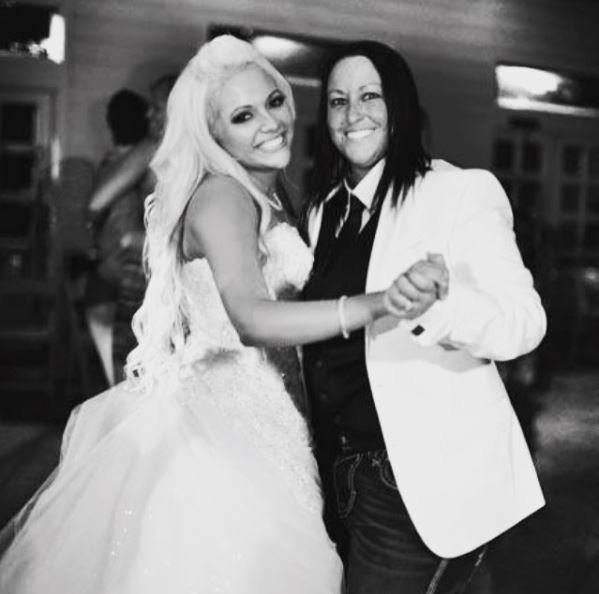
“I wanted to carry Bliss’ baby,” she continued, adding that the couple started to look at in vitro fertilization (IVF) options.
Choosing an IVF route
Through a friend, the two were introduced to Dr. Kathy Doody, a fertility specialist based in Bedford, Texas, ABC reported. In 2016, they met with Doody, who had a history of helping couples get pregnant through IVF.
“After speaking with her, she was very confident that she could make this happen. She gave us hope,” Ashleigh explained. “It was so exciting.”
Ashleigh gave birth to their son Stetson Coulter this summer using a method called Effortless Reciprocal IVF.
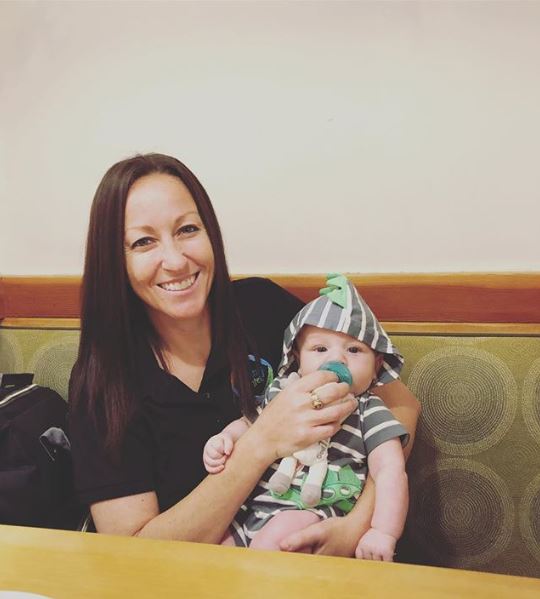
Effortless Reciprocal IVF is a type of IVF in which eggs and sperm are placed in a medical device called an INVOcell.

Get weekly health news
“Unlike traditional IVF, which requires several sonograms and monitoring appointments, the simplified system we use relies on no blood work and a single sonogram taken on the 10th day of the cycle. This sonogram will determine the patient’s trigger day and when the retrieval will take place,” Effortless IVF Calgary noted on its website.
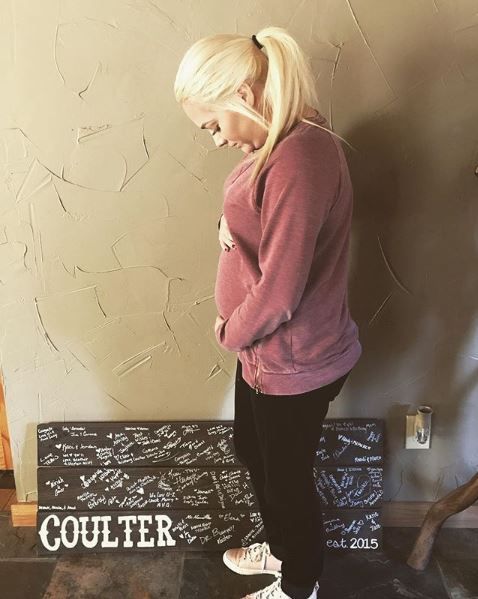
The site added that the INVOcell is then placed inside the patient’s vagina. Acting as a “natural incubator,” it helps the embryos develop over a five-day period. Once the embryos successfully reach the right stage, they are transferred from the device to a uterus.
“The decision for both of us to carry was our doctor’s idea,” Ashleigh explained. “We wanted to use Bliss’ eggs and (I would) carry. She suggested us to do the fertilization in Bliss’ body… we laughed and said: ‘Wow, so she will essentially be carrying the baby also.'”
Luckily for the couple, they were able to have successful fertilization on their first try.
“I’d say our journey was ideal,” she continued. “Everything worked out the way we wanted. We were beyond blessed.”
READ MORE: Same-sex parents don’t have to adopt their own kids under new Ontario law
Effortless IVF Calgary added that success rates depend on many factors. Like traditional IVF, age plays an important role — women under 35 have a higher success rate than women over 40. The health of the patient is also crucial, as are their exercise and dietary habits.
The cost is also appealing for couples who are trying to get pregnant, as Effortless Reciprocal IVF is typically half the price of traditional IVF, though this varies depending on where you live.
A 2017 piece in the Atlantic said early numbers of patients using an INVOcell were promising — one small, randomized clinical trial found birthrates among INVOcell patients similar to those using traditional IVF.
“Of the 20 women undergoing IVF, 12 got pregnant and delivered 15 babies, including three sets of twins. In the INVOcell group, 11 of 20 women gave birth to 16 babies, including five sets of twins,” the magazine noted.
In 2015, a Toronto clinic became the first in Canada to offer the INVOcell, the National Post reported. This happened at a time when fertility scientist Dr. Roger Pierson said there were no known risks with IVF options.
Another small trial that took place in Toronto that same year showed several failed attempts to fertilize an embryo, but researchers remained hopeful.
Doody told ABC that the woman who donates the egg often ends up carrying the child as well, but because the embryo was placed in Ashleigh it makes their case unique.
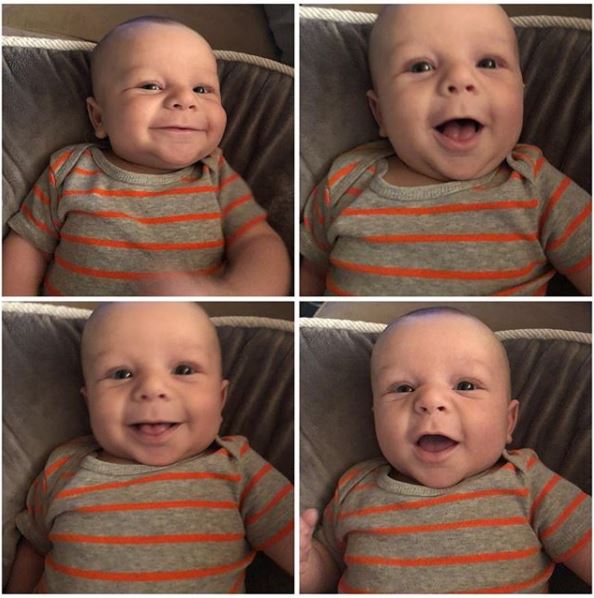
Ashleigh added that the process itself didn’t hurt and required fewer visits to a health professional compared to traditional IVF.
“The INVOcell was placed in Bliss for five days, and she stated that she didn’t even feel it. When the embryo was placed in me, I found out 10 days later we were pregnant. It was the best news we had ever received, and we were overwhelmed with joy,” Ashleigh said.
The couple welcomed their son on June 4.
“He is perfect in every way,” she said. “He has the biggest personality, and I see so much of Bliss in him. He will be five months on Nov. 4.”
READ MORE: Why kids from same-sex couples are healthier, happier with family life
The two mothers are now sharing their story, giving hope to other same-sex couples who are looking for ways to start a family.
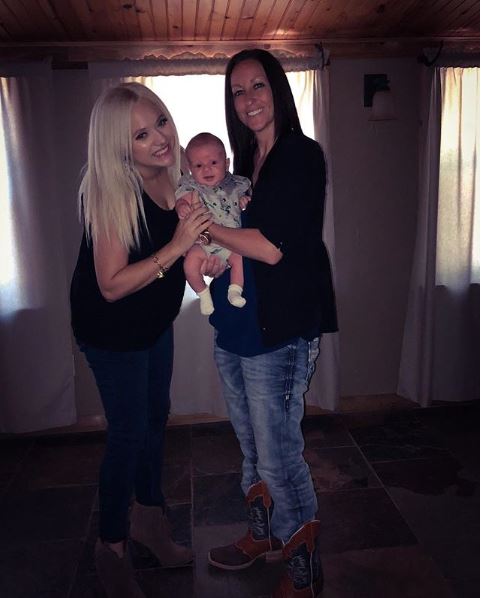
Couples interested in INVOcell should speak with their doctor to go over all their options and talk about the health risks associated with each option.
“Our advice would be to do research and have some faith,” Ashleigh said. “Anything is possible.”








Comments
Want to discuss? Please read our Commenting Policy first.